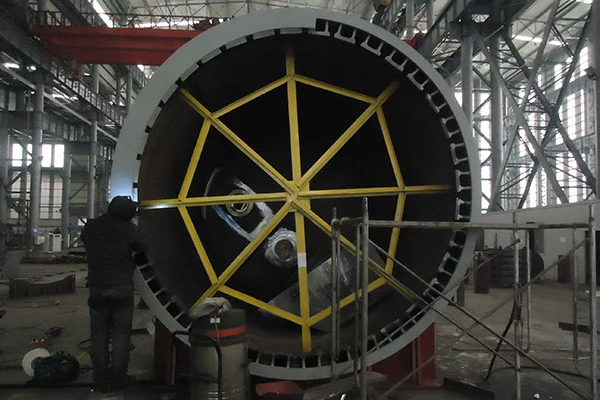Camping in the woods can be a rejuvenating escape from the hustle and bustle of everyday life. However, it also presents unique challenges that can turn a serene getaway into a stressful ordeal if not properly managed. To ensure a safe and enjoyable experience, it’s crucial to be aware of common pitfalls that many campers encounter. This article delves into the key aspects to avoid when camping in the woods, providing you with practical insights to enhance your outdoor adventure.
- Ignoring Weather Conditions
One of the most critical factors to consider before embarking on a camping trip is the weather. Many campers underestimate the impact of weather changes, leading to discomfort or even danger.
What to Avoid:
- Neglecting Forecasts: Always check the weather forecast for the duration of your trip. Sudden storms can lead to flash floods or dangerous winds.
- Inadequate Gear: Failing to pack appropriate clothing and equipment for varying weather conditions can result in hypothermia or heat exhaustion. Invest in moisture-wicking fabrics, waterproof gear, and layered clothing.
- Poor Site Selection
Choosing the right campsite is fundamental to a successful camping experience. A poorly chosen site can expose you to various hazards.
What to Avoid:
- Camping Near Water Sources: While it may seem appealing to camp by a lake or river, this can increase the risk of flooding and attract wildlife. Instead, choose a site at least 200 feet away from water sources.
- Setting Up Under Dead Trees: Look for a clear area free from dead branches or trees (widowmakers) that could fall during high winds or storms.
- Neglecting Wildlife Precautions
The woods are home to various wildlife, and while many animals are harmless, some can pose a threat to campers.
What to Avoid:
- Improper Food Storage: Leaving food out or improperly storing it can attract animals like bears, raccoons, and squirrels. Use bear-proof containers or hang food at least 10 feet off the ground and 4 feet away from tree trunks.
- Ignoring Wildlife Signs: Be aware of animal tracks, droppings, and other signs of wildlife activity. If you notice signs of large animals, consider relocating your campsite.
- Overpacking or Underpacking
Finding the right balance in your packing strategy is essential for a successful camping trip.
What to Avoid:
- Overpacking: Bringing too much gear can lead to unnecessary weight and clutter. Focus on multi-functional items and prioritize essentials.
- Underpacking: Conversely, failing to bring necessary supplies can lead to discomfort or danger. Always include a first-aid kit, navigation tools, and sufficient food and water.
- Neglecting Fire Safety
A campfire can enhance your camping experience, but it also poses significant risks if not managed properly.
What to Avoid:
- Building Fires in Restricted Areas: Always check local regulations regarding campfires. Fires in restricted areas can lead to wildfires and legal penalties.
- Leaving Fires Unattended: Never leave a fire unattended, and ensure it is completely extinguished before leaving the site. Use water or dirt to douse the fire and stir the ashes to confirm it is out.
- Failing to Respect Nature
Camping is not just about enjoying the outdoors; it’s also about preserving it for future generations.
What to Avoid:
- Leaving No Trace Principles: Failing to follow Leave No Trace principles can harm the environment. Always pack out what you pack in, and avoid disturbing wildlife and vegetation.
- Ignoring Local Regulations: Different areas have specific rules regarding camping, fires, and wildlife interactions. Familiarize yourself with these regulations to minimize your impact.
Conclusion
Camping in the woods can be a rewarding experience if approached with the right knowledge and preparation. By avoiding these common pitfalls, you can ensure a safer, more enjoyable adventure while respecting the natural environment. Remember, the key to a successful camping trip lies in preparation, awareness, and a commitment to preserving the beauty of the wilderness for future generations. Happy camping!









+ There are no comments
Add yours